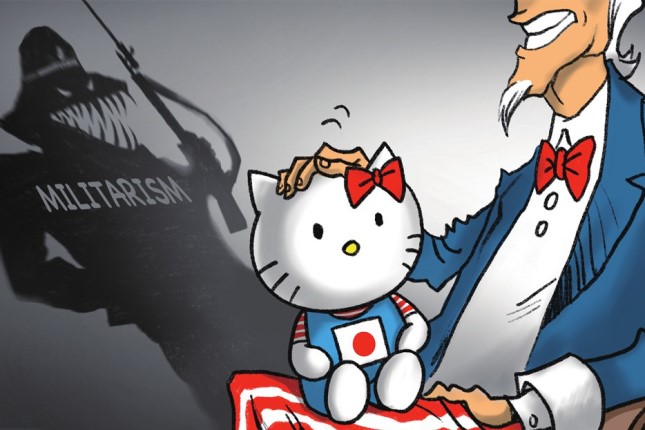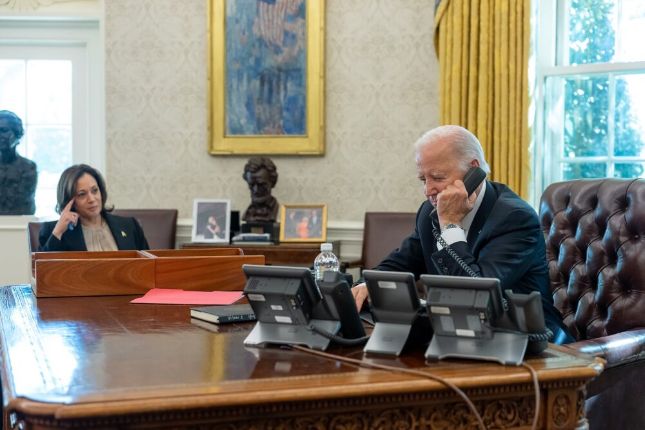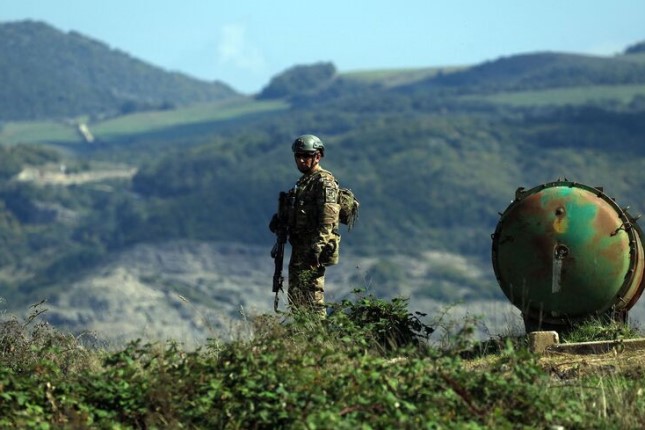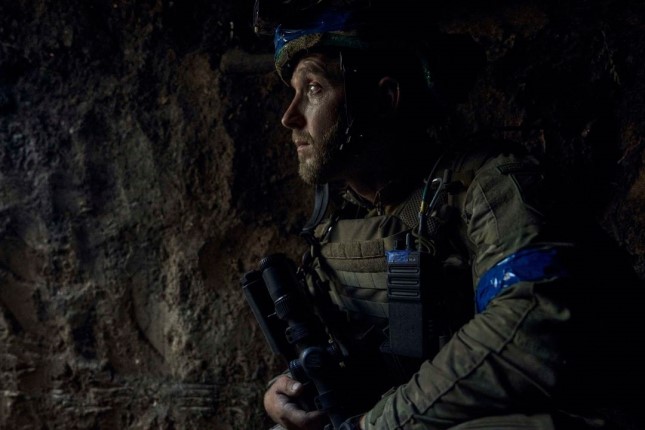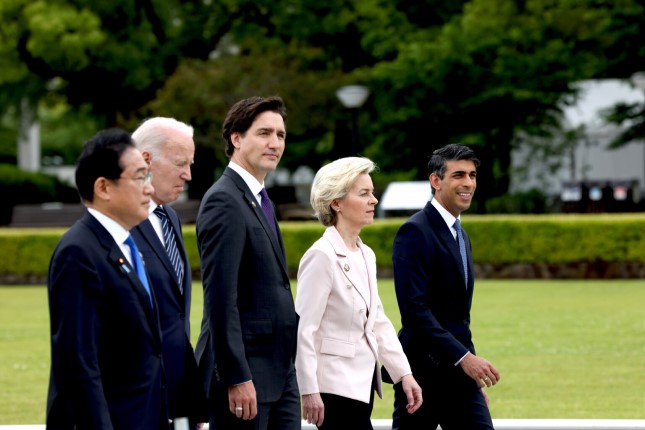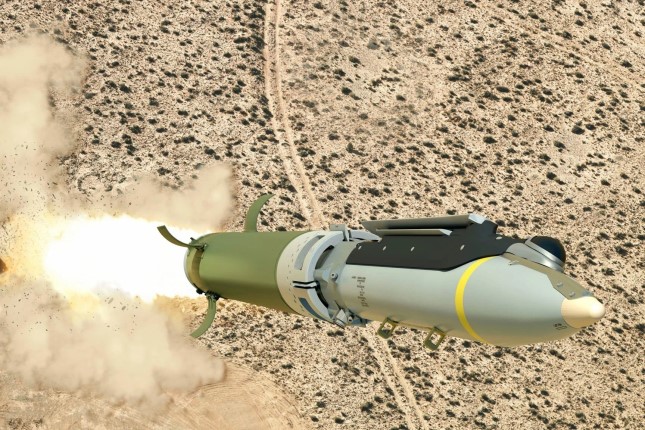According to a Wall Street Journal report on Saturday, Washington has nudged Tokyo to consider roles for the Japanese military such as hunting for Chinese submarines around the island of Taiwan.
The US military does not have the capability to take full control, thus it asks allies, especially Japan, to dispatch its military to conduct joint operations with the US, Wei Dongxu, a Beijing-based military expert, told the Global Times on Sunday.
Although Japanese officials declared that Japan is willing to cooperate with the US in intervening in the Taiwan Straits with military force, this rhetoric did not pose a direct risk to Japan in the past. But once the US assigns specific tasks to Japan, for example, asking Self-Defense Forces, especially the Maritime Self-Defense Force, to conduct joint anti-submarine exercises against PLA submarines, Japan will hesitate because it is very likely to trigger frictions, experts said.
Japan's main concern now is that it sees an overall increase in the power of China and the PLA. In other words, Japan may not have the strength, nor the courage, to rush to the front line and confront the PLA face to face, Wei said.
Observers point out that it is less likely that Japan will want to engage in the fight directly, and that Japanese leaders have publicly shunned discussion of a role in a cross-Straits conflict in part because public opinion is generally against getting involved in a conflict.
The US is seeking more clarity from Japan as the two sides try to develop a combined operational plan including supply routes, missile launch sites and refugee evacuation plans, people familiar with the talks say.
Although the Japanese military is prepared in terms of gathering intelligence and deploying bases against the direction of the island of Taiwan, such pre-emptive military deployments are different from directly participating in or intervening in conflicts. Once Japan intervenes in such a conflict over the Taiwan Straits provoked by the US, Japan itself will suffer significant losses, Wei said.
In recent years, provoked by former Japanese prime minister Abe Shinzo, some people in Japan claimed that "any contingency for Taiwan is a contingency for Japan." However, experts said that the slogan is more of a conceptual statement. "In reality, whether the US would directly intervene if a situation arises in the Taiwan Straits is still unknown. In this situation, whether Japan proactively joins or is passively involved, it will face a dilemma," Wang Guangtao, an associate research fellow at the Center for Japanese Studies of the Shanghai-based Fudan University, told the Global Times.
Once the US has laid out specific plans, Japan becomes even more cautious about getting directly involved in the conflict, which also reflects the weakening of Japan's priority on the Taiwan question, Wang noted.
Source: The Global Times.
